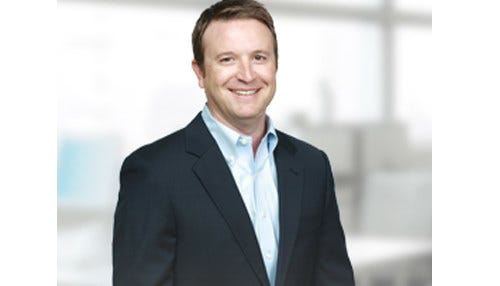How to Ensure Proper 401(k) Benefits Education

Subscriber Benefit
As a subscriber you can listen to articles at work, in the car, or while you work out. Subscribe NowFrom pay rate to wellness programs, there are many important areas that employers need to pay attention to regularly; however, there is one that is often forgotten — 401(k) benefits. A 401(k) plan provides employees with the opportunity to deduct a portion of their pay and use it as a contribution towards retirement. Properly saving for retirement is vital to ensuring a healthy lifestyle after an employee’s career comes to an end, but 50 percent of Americans claim to not fully understand their benefit materials. With this shocking statistic in mind, employers need to take responsibility and strive to set their employees up for success. Employers must properly educate their workforce in order to ensure a positive lifestyle after retirement. Here are a few reasons why this education is so important and how you can make sure your employees are receiving the right information.
Start education early
Eighty-three percent of employers provide information about investment styles/risk profiles, loans, rollovers and contribution basics. However, this information often comes without detailed explanation. Starting 401(k) education on day one of employment and continuing throughout an employee’s career is of the utmost importance. While information on these benefits should be provided immediately, there should also be resources available for any further questions an employee might have. Providing employees with access to a benefits representative who can ease concerns is a good place to start.
Employers should also offer training opportunities for employees to learn more about how to manage their benefits and properly save for retirement. This education should be flexible, interactive, and personalized in order to maximize knowledge retention. Eighty-five percent of employees want to be able to pick training times that fit into their already busy schedules. By providing multiple training times, employees will be more likely to take advantage of the opportunity to learn more about their 401(k).
Recognize your audience
Currently, Millennials are dominating the workforce as they make up the largest generational sector in America. Different demographics have different concerns when it comes to their benefits materials and Millennials are no exception. Many Millennials simply view their 401(k) as much needed money coming out of their accounts each month. This thought process often leads them to opt out of saving, which can be detrimental to their future and post-retirement life. One in three Americans has no retirement savings and young employees could fall into this category without the right help and information.
Employees learn in different ways whether that be due to age, language, gender, or other cultural factors. For this reason alone, it is important to recognize who you’re speaking to when educating your workforce about their retirement benefits. For example, men and women often view money differently because men are more aggressive with investments and women traditionally save more. Therefore, education between men and women should be tailored to these specific topics when pertaining to retirement benefits.
Clearly present the options
Seventy-four percent of employees don’t feel that they understand their retirement benefits, or the options available to them. There are multiple ways to create a retirement plan that’s right for each individual. Some of these options include different stock investments, automatic savings plans, and self-directed plans. However, most employees won’t know what these options are unless proper resources are offered by their employer.
Retiring comfortably and monetarily healthy is the goal for all employees when it comes to their 401(k) benefits. However, without the right and personalized education many employees will come up short, or make the mistake of not saving at all. It’s up to the employer to ensure that their workforce is properly educated about benefits. By implementing early, customized, and clear education, employees will be more likely to retire with a healthy lifestyle and plenty of money in the bank.
Matt Thomas is president of WorkSmart Systems Inc.
